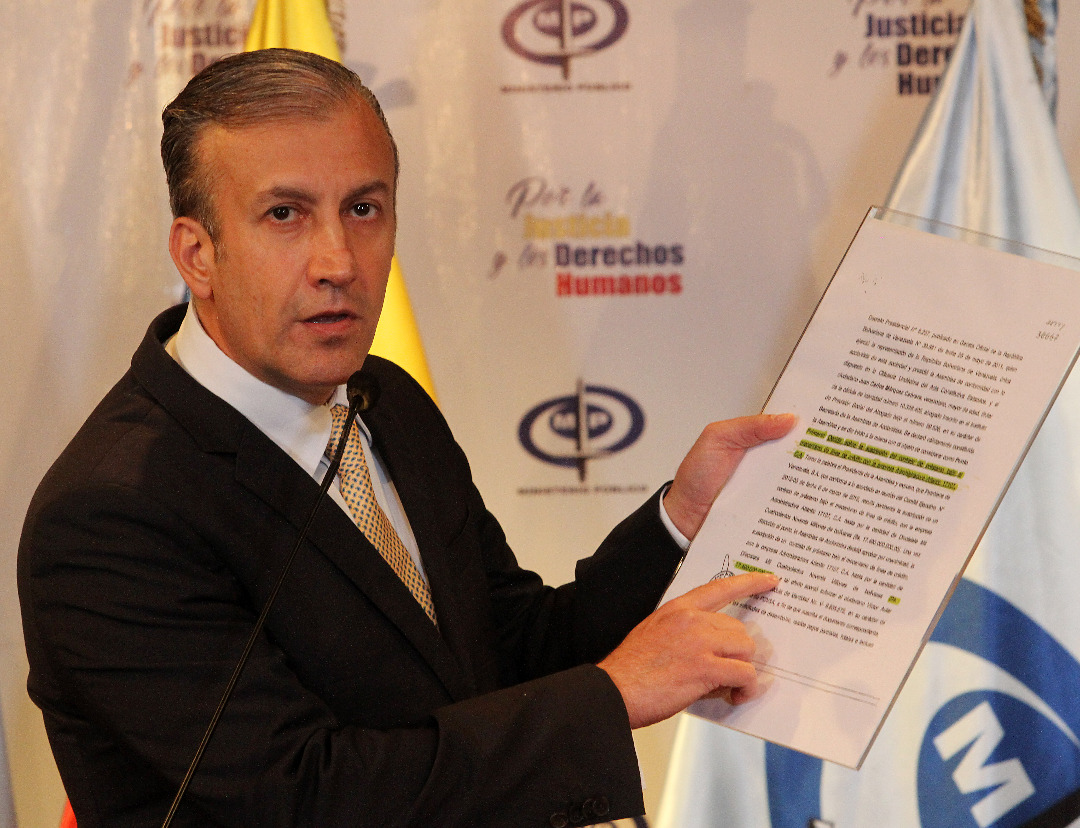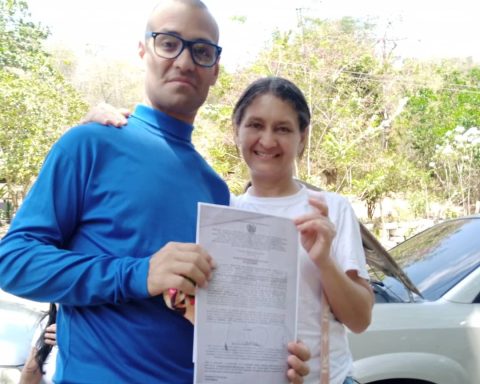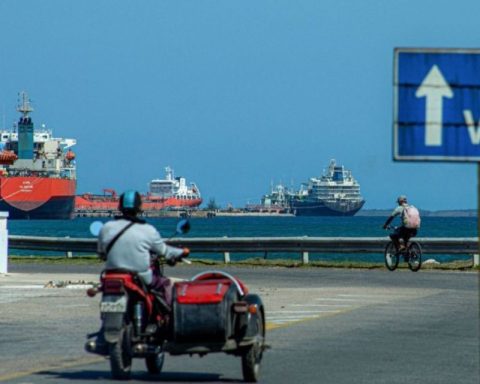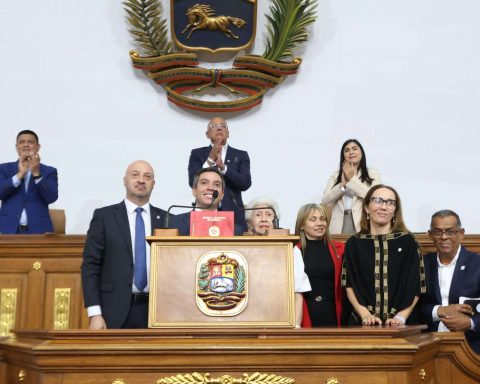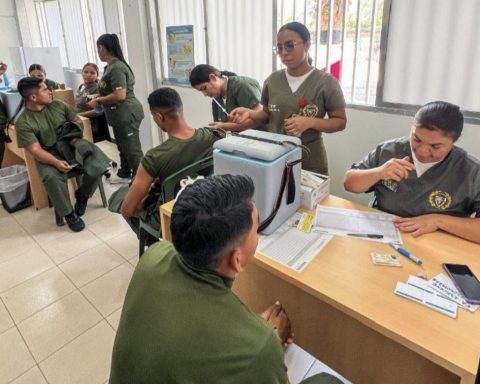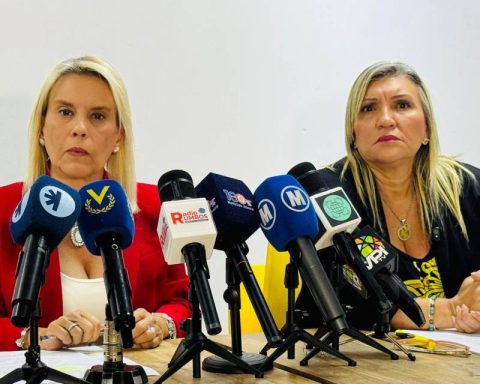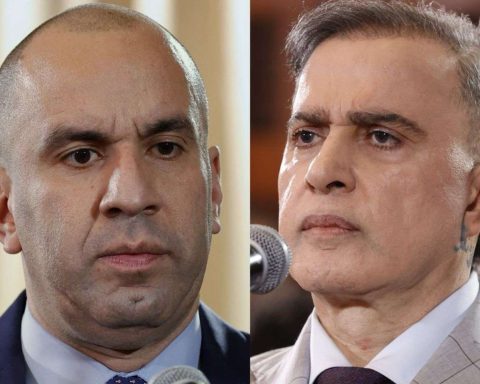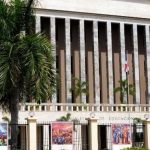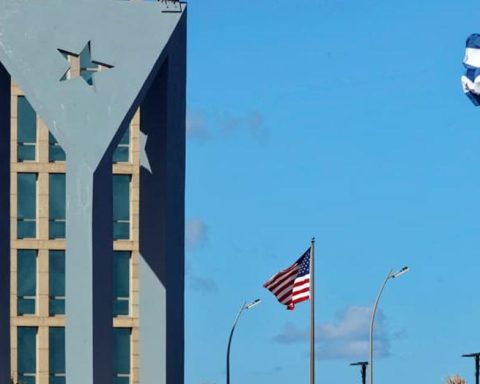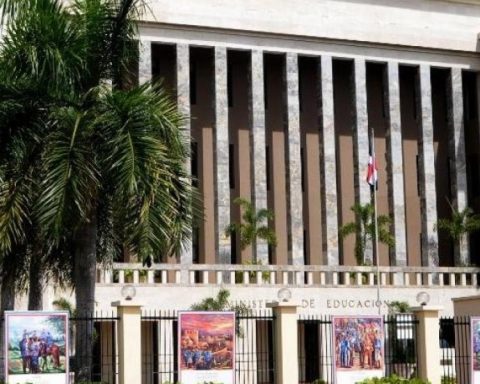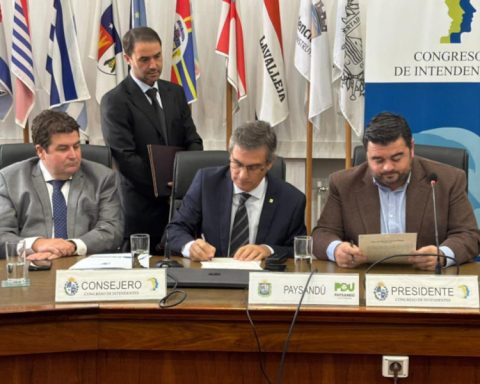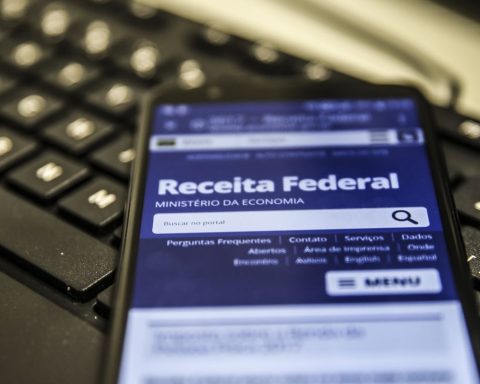The indebtedness for 17 thousand 490 million bolivars that PDVSA approved on 3/6/12 at the request of the then Minister of Energy, Rafael Ramírez, was not approved by the National Assembly (AN) but did have the support of the United States government. United States, according to the sector vice-president of Economy, Tarek El Aissami.
“You have in your hands a shareholder’s document where Rafael Ramírez assumes and approves this financing on his behalf…that makes us suppose that everything he did is in violation, because we presume that he should have gone before the National Assembly because he is indebting a public company”, commented El Aissami during a meeting with journalists that took place this Wednesday in the building of the Ministry of Industries and National Production, Caracas.
In that meeting, the Minister expanded on the information provided last Tuesday before the Public Ministry where he went to request an investigation regarding what he called “the mega-robbery orchestrated by Rafael Ramírez and others no less corrupt.” In addition, he gave the social communicators a folder containing, among other things, all the transfers made by PDVSA to the two funds that bought that debt, originally generated from the loan from Administradora Atlantic.
“We have always said that Rafael Ramirez is and has been for many years an agent of the United States; because no person can commit this type of act without having the complicity and collaboration of the authorities or the government of the United States”, said the Minister.
El Aissami said that Ramírez also had to go to the Central Bank of Venezuela (BCV) to request the sale of bolivars “or go to a public or private financial entity with prior authorization… all of that was skipped.”
The Oil Minister highlighted that PDVSA does not have records of the legal authorizations to approve a debt such as the one executed and which meant the disbursement of 4.85 billion dollars that came from the assets of the main Venezuelan oil industry. “What was done was a vulgar fraud violating all these procedures; for me there was a robbery ”, he limited.
El Aissami was asked why an incident that occurred in 2012 is now being denounced. From the outset, he replied that “crimes of corruption do not prescribe.” But he explained that the investigation is complex and slow “because the documents were not left on Ramírez’s desk.”
“There are even still documents that have no record within PDVSA,” he said.
With all this context, El Aissami said that “one can presume that since he was the Minister, he was the president of PDVSA, those documents disappeared.” But he announced that the arrest last Tuesday of Victor Aular, Vice President of Finance of PDVSA at the time of Ramírez, provides data to clarify the denounced act of corruption. “What he is declaring is shocking and jumpy,” said the Minister, who clarified that so far eight people have been identified as allegedly involved in the denounced operation.
In relation to an international firm that audited the management of Rafael Ramírez at the head of PDVSA, Minister El Aissami read part of the report prepared by that company corresponding to 2012-2013. “Here I bring you a pearl,” he said before reading a paragraph. “…PDVSA received financing in bolivars from non-financial private entities for a term of 24 months…”, quoted El Aissami who interpreted, based on that text, that the audit confirmed the “fraudulent operation” of March 2012.
The fraud consisted in the fact that the 17 thousand 490 million bolívares never entered PDVSA, but it was the excuse to cancel the 4.8 million dollars in advance, explained El Aissami. “There is no way in advance to generate profits,” he said.
The Minister pointed out that part of those resources canceled between March 2012 and March 2013 were transferred to Leopoldo Alejandro Betancourt López, who in turn distributed among several. “We presume that this money was used as a mechanism to commit foreign exchange fraud,” he said.
